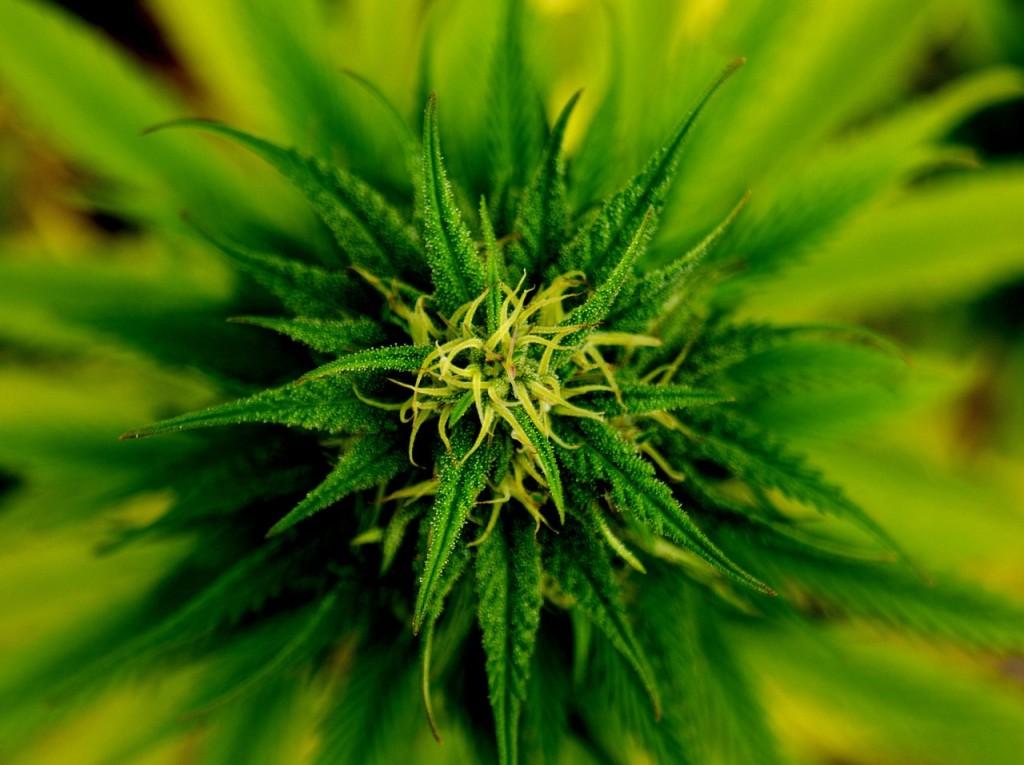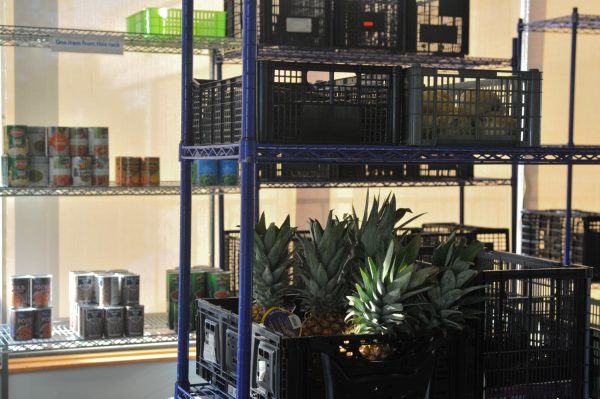Economics of the ‘Green Rush’
Marijuana generates massive amounts of money, but its legal status could decide who is actually profiting from it.
“To be able to tax it would be an advantage. Taxing it would generate a lot of money for the state and federal government,” Tanja Carter, economics professor, said about making marijuana legal. “There’s pros and cons to consider. There would also probably be cost savings in police services.”
On the other hand, keeping it illegal would result in a different situation.
“Keeping it illegal encourages the underground economy,” Carter added. “There’s a lot of people getting rich by selling it illegally.”
Local marijuana dealers who are unaffiliated with medical dispensaries are part of that underground economy. While they would be in no longer be in danger from the law after legalization, their business could take a big hit.
“It will definitely hurt my business if it gets legalized,” a local pot dealer who chose to remain anonymous, said. “People will just go to dispensaries instead.”
Although it is still currently illegal to sell marijuana to unprescribed users, it’s a way for some to make a living with some freedom.
“I get to create my own hours and be my own boss. I make more money doing this than working minimum wage,” the marijuana dealer said. “Those are the only jobs that are available right now. There’s good money in it, if you can build clientele, and now, social media helps too.”
It’s a business that’s growing daily.
“It’s California’s number one cash crop,” the dealer said. “I call it the ‘Green Rush’ because a lot of people are moving to California strictly just to grow weed. It’s like the ‘49ers coming for Gold.”
It’s hard for anyone to predict what the green scene might look like if marijuana’s legalized, but the consensus is that things will be different.
“Legalization would reshape the entire industry,” Dominick La, an employee of a local medical dispensary, said. “It’s hard to say exactly what it would do, but with legalization, it would leave it open for people to start a more corporate style industry, where now, it’s more of a mom-and-pop type of industry.”
Although it would create an opportunity for corporations to profit, La is still skeptical that the corporate world would approve.
“You have to realize that the biggest lobbyists in Washington D.C. are the pharmaceutical industry and the prison industry. The pharmaceutical industry has a monopoly on prescription drugs, and marijuana can heal up to 60 diseases at once,” La added. “With the prison industry, most prisons are privatized businesses, so they would lose a lot of money if they couldn’t house all of the marijuana offenders anymore.”
Up north, Washington is still finding out what it means to have weed legalized. California could be a few steps behind if a legalization bill is passed next November.
“The Liquor Control Board (LCB) is still finalizing the regulations,” Si Fisher, a Seattle marijuana dispensary employee, said. “In November, they’re (LCB) going to start accepting applications. The middle of next year is when we’ll start seeing recreational cannabis shops open and affecting the whole industry, including the medical side.”









